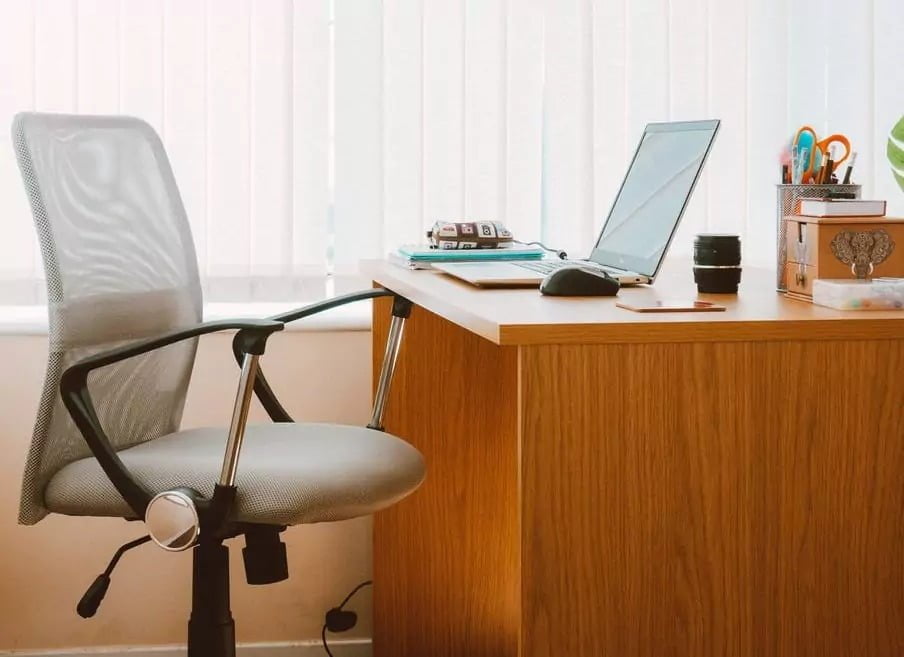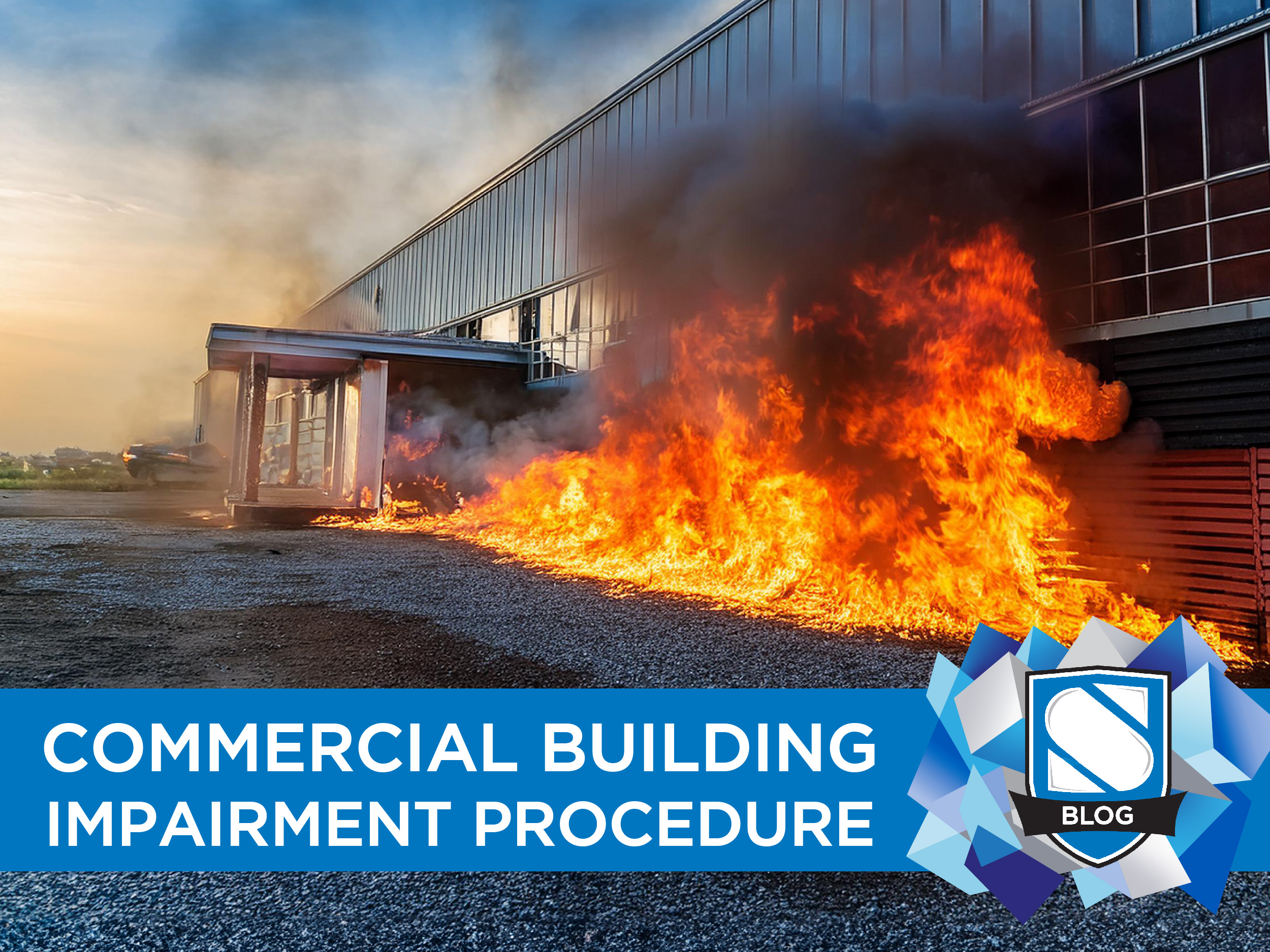There is nothing quite as defeating as ending a long day tired, worn out, and unsure of what you accomplished. If you’re putting in long hours and trying your best but struggle to point to productive accomplishments by the end of your day, you might start feeling insecure about your ability to do the job. You might feel like you need to double down, take an even shorter lunch, work even harder through the day. Sadly, none of that will help because chances are you’re already working too hard to be productive.
If you really want to get more done, take a break.
Breaks aren’t just for physical recuperation, they are also for mental recuperation. Most of us these days are what would be referred to as “knowledge workers.” Rather than assembling parts in a factory or unloading shipments at a port, the majority of workers in our economy use their brain more than any particular muscle in their body. Because of this, it’s easy to under-value the importance of breaks. You might have even heard something like “You’re just sitting down all day and typing; how can you need a break?” from a supervisor at one point or another. This ignores how mentally draining work in an office can be.
As a knowledge worker, everything you do at work is channeled through the thinking part of your brain: the prefrontal cortex. This is the part of your brain that handles all your problem-solving skills, logical thinking, and assessment abilities – in other words, it’s the part of your brain that gets you through a work day. And just like any other part of the body, it can be overworked.
The fact of the matter is that humans just aren’t built to concentrate for eight hours straight. Some psychologists don’t even think we’re wired to pay attention for two hours at a time! There are studies that show the average person hits a wall of diminishing returns after more than a continuous hour spent on a single task. After you hit the wall, you’re throwing good time after bad.
When we spend too much time working, our faculties take the hit. Our focus falters, attention to detail nosedives, and our decision-making tools become fatigued. All these qualities are essential when working in a professional environment, without them working at 100%, all you’re likely to turn in is substandard work that’s riddled with errors. Bosses might like the look of an employee with their nose to the grindstone, but ultimately, it’s self-defeating. A relaxed and focused employee is always going to out-perform someone who burns themselves out working for several hours straight day after day.

Taking regular breaks has a variety of positive effects on your mental status. You’ll make better decisions, be more creative, and capable of more intense bouts of concentration and study. Taking frequent breaks also affords you the opportunity to re-prioritize your day and focus on big-picture goals.
So what is the ideal amount of breaks in the typical eight hour work day? Believe it or not, but a study from the Draugiem Group that looked at a large body of data to identify the habits of top 10% most productive workers showed that taking a 17 minute break for every 52 minutes working is the ideal average mix.
That’s right. They recommend taking a break before you even crest a single hour on one specific task. They also recommend a slightly longer one than the typical 15-minute break you’re likely used to. This is a huge shift in perspective! Many offices only account for two 15-minute breaks through the entire day and let’s be honest, the culture at many businesses often discourages employees from taking them. They are either expected to power through their day or cut their breaks short (especially if they are expected to answer calls or emails and no coverage is provided).
Of course, what you do on break also matters. The Draugiem Group was surprised to find that the most productive workers also take the most relaxing breaks. They completely unplug from work, no checking emails or using their break time to go drop off mail or any other errand. The most useful breaks involve physical activity like walking, some light socialization, or a small snack or coffee to recharge. For as mad as some employers get about wandering employees talking too much, a quick walking chat with a co-worker might be just the ticket to keep you focused and productive at work!
Stop banging your head against the wall or diminishing returns and start taking more breaks. This might be a bit of a shock when you begin, and if you’ve spent your entire professional life believing in the value of hard, continuous work you might even feel guilty like you’re not working hard enough when you start taking more regular breaks, but let the results speak for themselves.
Keep track of how much you accomplish in the average day now and compare that to a week of taking more frequent (and relaxing) breaks. You’re almost sure to find that you’ve actually been more productive, and you’ll feel less exhausted at the end of the day.















0 Comments